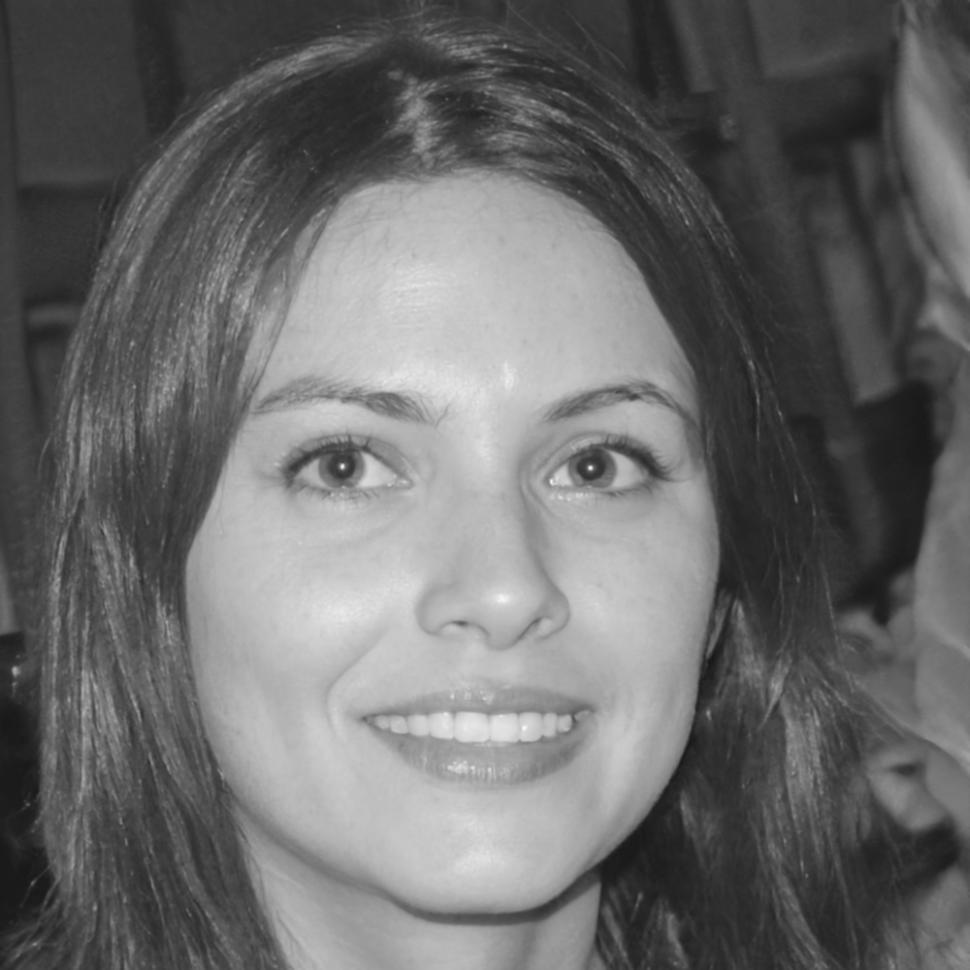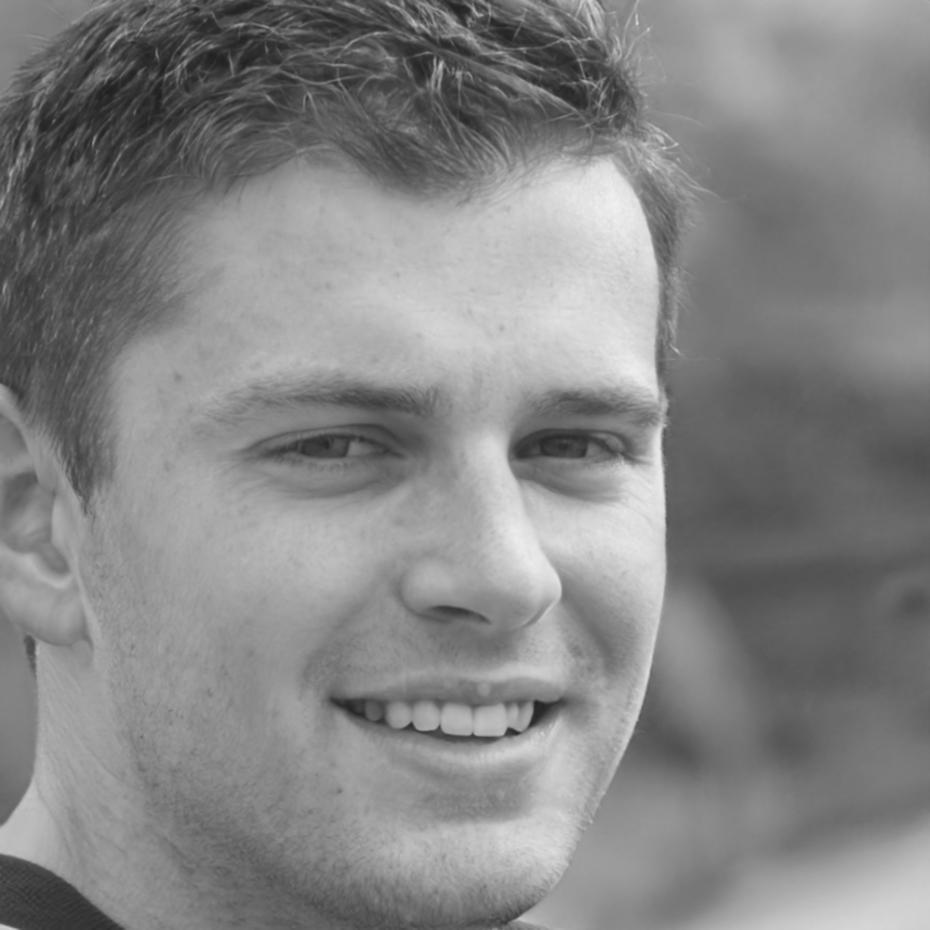Building Financial Confidence Through Proven Methods
Our approach combines practical budgeting techniques with personalized guidance. We focus on sustainable habits rather than quick fixes, helping you develop skills that last beyond any single course.
Learning From Real Experience
Background & Expertise
Our lead instructor, Siriporn Akkharaphon, spent twelve years managing budgets for small businesses across Bangkok before transitioning to education in 2019. She knows what works because she's lived through the challenges of making every baht count during tight financial periods.
Teaching Approach
Siriporn believes most budgeting failures happen because people try to follow systems that don't fit their lives. Her method starts with understanding your actual spending patterns before making any changes. It's less about discipline and more about designing a system you can actually stick with.
Personal Philosophy
She often says budgeting isn't about restriction. It's about knowing where your money goes so you can make intentional choices. When students understand the why behind their spending, behavior shifts naturally without feeling forced.


How We Structure Learning
These principles guide every session we run. They're not theoretical concepts but lessons learned from watching hundreds of people navigate their financial journeys.
Start With Reality
We begin by tracking actual spending for two weeks. Not estimates or guesses. This gives us real data to work with and often reveals patterns people weren't aware of. You can't fix what you don't see clearly first.
Build Gradually
Trying to overhaul everything at once usually leads to burnout by week three. We introduce one new habit at a time, giving it space to become routine before adding the next layer. Sustainable change happens slowly.
Customize Everything
Generic templates rarely work long-term. What helps a freelancer manage irregular income won't work for someone with steady salary. We adapt methods to fit your specific situation rather than forcing you into a predetermined system.
Practice With Feedback
Each week includes exercises where you apply concepts to your actual finances. Then we review together, troubleshoot what didn't work, and adjust the approach. Learning happens through doing and correcting, not just listening.
Plan For Setbacks
Life interrupts budgets constantly. Unexpected expenses, emotional spending, forgotten subscriptions. Rather than treating these as failures, we build systems that accommodate imperfection and get you back on track quickly.
Measure What Matters
Success isn't about perfect adherence to a budget. It's about reducing financial stress and making progress toward your goals. We focus on metrics that actually improve your life, not just numbers that look good on spreadsheets.

The Practical Framework We Use
This isn't theoretical finance education. Every technique has been tested with real people managing real money pressures. The framework adapts based on what actually helps students maintain control over their finances month after month.
- Initial assessment of current spending patterns without judgment or immediate changes
- Category creation based on your life, not standard templates that don't fit
- Weekly check-ins during the first month when habits are still forming
- Troubleshooting sessions when unexpected expenses throw plans off course
- Quarterly reviews to adjust the system as your circumstances evolve
- Access to tools and templates that simplify tracking without adding complexity
Real Applications, Real Results
These examples show how the methodology works in practice. Names changed for privacy, but the situations and outcomes are authentic from our 2024 cohorts.

Freelancer Income Variability
Nattapong struggled with irregular paychecks that ranged from 15,000 to 65,000 baht monthly. We built a base budget around his minimum income and created a separate system for allocating above-baseline earnings. Six months later, he'd built a three-month buffer that eliminated the stress of lean periods.
Key Takeaway: Variable Income Strategies
Subscription Creep Problem
Kulthida discovered she was spending 4,200 baht monthly on streaming services, apps, and memberships she rarely used. The tracking exercise revealed eight subscriptions she'd forgotten about. After canceling six and downgrading two, she redirected 3,400 baht toward her travel fund without feeling any loss.
Key Takeaway: Awareness Creates Options
Emotional Spending Patterns
Thanawat noticed his spending spiked during stressful work periods. Rather than trying to eliminate this entirely, we built it into his budget as a planned category with reasonable limits. Acknowledging the pattern reduced guilt and gave him control over it instead of pretending it didn't exist.
Key Takeaway: Work With Human Nature